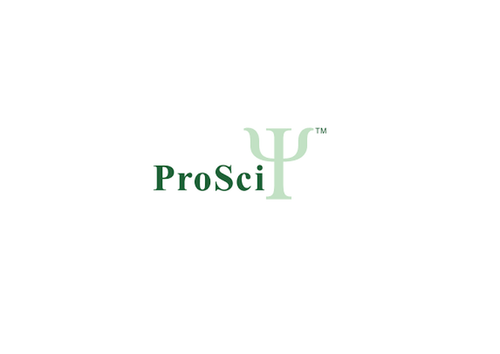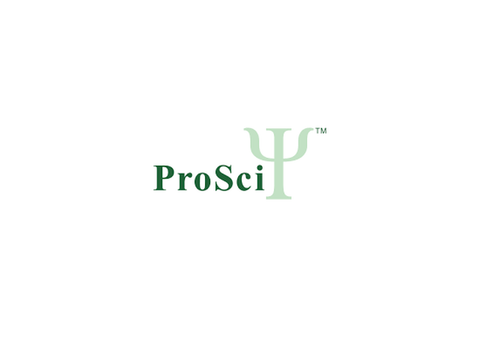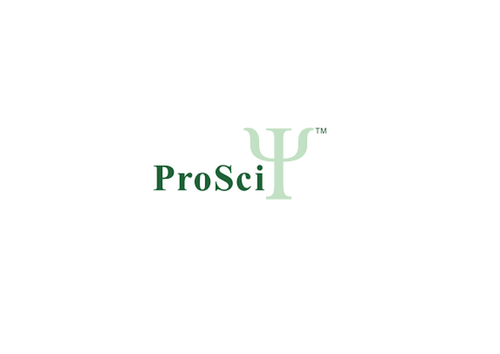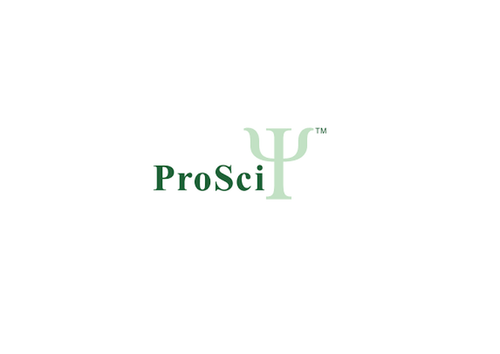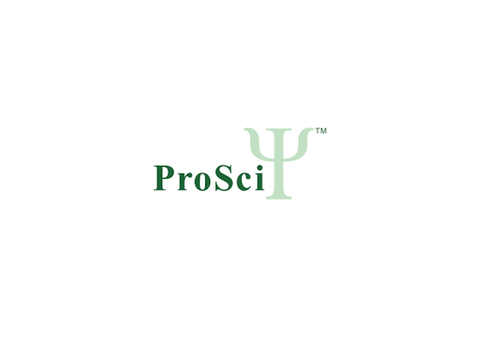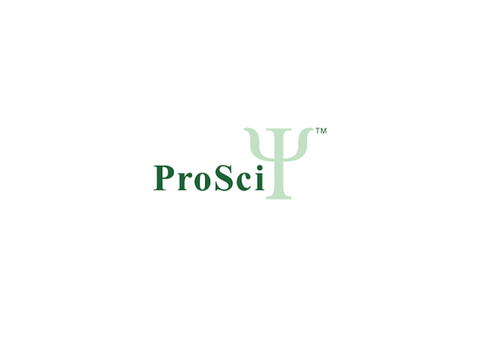Product Description
IDH1 Antibody, KO Validated | 18-211 | ProSci
Host: Rabbit
Reactivity: Human, Mouse, Rat
Homology: N/A
Immunogen: Recombinant fusion protein containing a sequence corresponding to amino acids 1-414 of human IDH1 (NP_005887.2) .
Research Area: Cancer, Signal Transduction
Tested Application: WB, IP
Application: WB: 1:500 - 1:2000
IP: 1:50 - 1:100
Specificiy: N/A
Positive Control 1: HeLa
Positive Control 2: N/A
Positive Control 3: N/A
Positive Control 4: N/A
Positive Control 5: N/A
Positive Control 6: N/A
Molecular Weight: Observed: 45kDa
Validation: Antibody is Knockout validated.
Isoform: N/A
Purification: Affinity purification
Clonality: Polyclonal
Clone: N/A
Isotype: IgG
Conjugate: Unconjugated
Physical State: Liquid
Buffer: PBS with 0.02% sodium azide, 50% glycerol, pH7.3.
Concentration: N/A
Storage Condition: Store at -20˚C. Avoid freeze / thaw cycles.
Alternate Name: IDH1 Antibody: IDH, IDP, IDCD, IDPC, PICD, HEL-216, HEL-S-26, Cytosolic NADP-isocitrate dehydrogenase, IDH
User Note: Optimal dilutions for each application to be determined by the researcher.
BACKGROUND: Isocitrate dehydrogenases catalyze the oxidative decarboxylation of isocitrate to 2-oxoglutarate. These enzymes belong to two distinct subclasses, one of which utilizes NAD (+) as the electron acceptor and the other NADP (+) . Five isocitrate dehydrogenases have been reported: three NAD (+) -dependent isocitrate dehydrogenases, which localize to the mitochondrial matrix, and two NADP (+) -dependent isocitrate dehydrogenases, one of which is mitochondrial and the other predominantly cytosolic. Each NADP (+) -dependent isozyme is a homodimer. The protein encoded by this gene is the NADP (+) -dependent isocitrate dehydrogenase found in the cytoplasm and peroxisomes. It contains the PTS-1 peroxisomal targeting signal sequence. The presence of this enzyme in peroxisomes suggests roles in the regeneration of NADPH for intraperoxisomal reductions, such as the conversion of 2, 4-dienoyl-CoAs to 3-enoyl-CoAs, as well as in peroxisomal reactions that consume 2-oxoglutarate, namely the alpha-hydroxylation of phytanic acid. The cytoplasmic enzyme serves a significant role in cytoplasmic NADPH production. Alternatively spliced transcript variants encoding the same protein have been found for this gene.
 Euro
Euro
 USD
USD
 British Pound
British Pound
 NULL
NULL

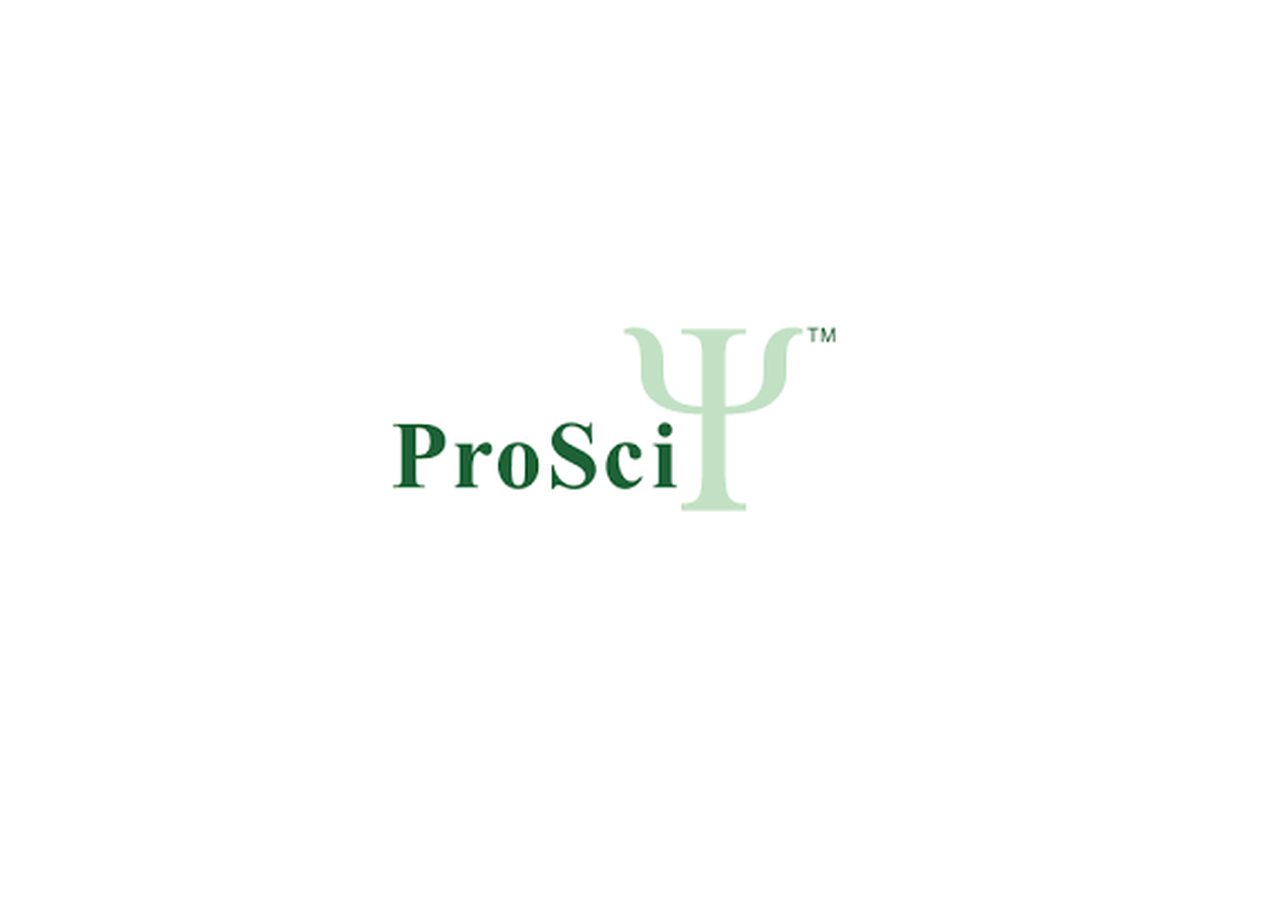
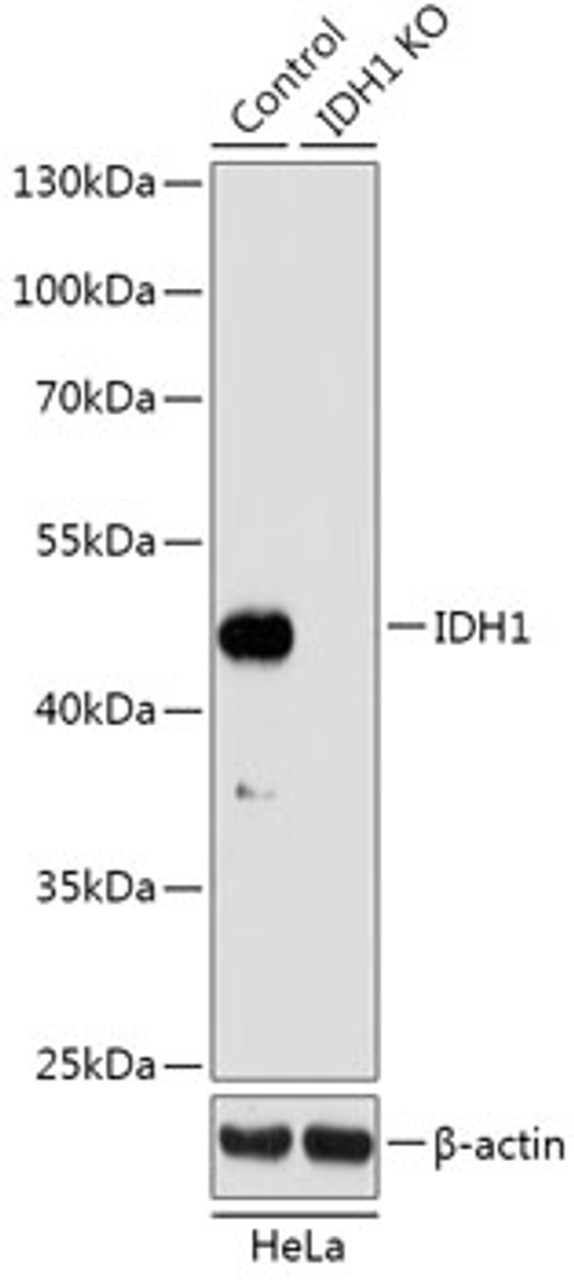



![[KO Validated] IDH1 Polyclonal Antibody [KO Validated] IDH1 Polyclonal Antibody](https://cdn11.bigcommerce.com/s-452hpg8iuh/images/stencil/500x659/products/605292/857320/enogene__70285.1648844242__64320.1649167197.png?c=2)
![[KO Validated] IDH1 Polyclonal Antibody [KO Validated] IDH1 Polyclonal Antibody](https://cdn11.bigcommerce.com/s-452hpg8iuh/images/stencil/500x659/products/295429/455566/sab-signalway-antibody__92073.1641690747__19216.1641691399.gif?c=2)
![[KO Validated] IDH1 Rabbit pAb [KO Validated] IDH1 Rabbit pAb](https://cdn11.bigcommerce.com/s-452hpg8iuh/images/stencil/500x659/products/396162/574635/unnamed-776x1024__91681.1646254488__92229.1646256048__53270.1646652175.png?c=2)
